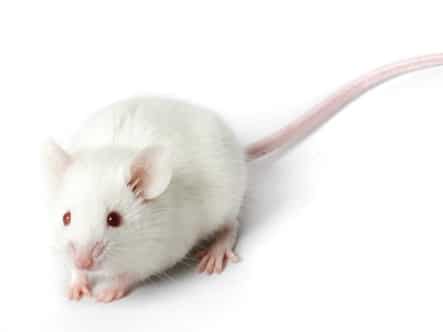
 Global warming is causing animals to evolve at a faster pace.
Global warming is causing animals to evolve at a faster pace.
That’s the takeaway from a recent study of two different mice species in southern Quebec, both of whom saw structural changes to the skull and teeth over just the past 50 years.
Scientists say that one of the more dramatic impacts of climate change will be the shifts in species, especially the migration of non-native populations into new areas. Here in Canada, warmer seasons will mean gradual and sometimes quick migration northwards of species, as more southerly species find new territories increasingly hospitable. Not just plants and animals but insects, too, are seeing population changes, as witnessed by the explosion in tick and bedbugs in regions of the country where previously these populations were kept at a minimum by our colder winters.
Climate change and evolution. What’s the connection?
But along with migration and population growth, changes within a species are occurring, as well, as scientists are learning more about the speed at which species evolution can occur when the right conditions abound.
In the Galapagos Islands, for instance, home to Darwin’s famous finches, researchers have been able to chart finch morphology since the 1970s, finding that even periodic weather events such as droughts can cause real shifts in a species’ body size over short time periods of just a few years.
Now, research from McGill University adds to the picture of rapid species evolution, where scientists have been able to compare mice specimens from two species — the deer mouse and the white-footed mouse, both common to eastern North America — over a 50-year time period, all thanks to field surveys conducted at the Gault Nature Reserve on Mont Saint Hilaire, about a 40-minute drive east of Montreal.
“We’ve been looking at the shape of the skull and the size of these mice and comparing them to specimens that were captured at this same place 50 years ago,” says McGill biologist Virginie Millien, co-author of a new study published in the journal Evolutionary Ecology. “We took measurements at a number of points on the skulls and found that [the recent specimens] are actually different in shape. The molars are shifted backwards and the rostrum got slightly longer.”
Climate change and evolution: dietary shifts may be the culprit
The scientists suspect that these evolutionary changes are caused by dietary shifts, themselves brought on by climate change’s impact on the local ecology. They also note the changes to species populations, where, in particular, the white-footed mouse has been observed to be migrating northwards as winters gets milder and taking over from the deer mouse. The scientists say that while only 10 per cent of specimens caught in the Gault Reserve in the 1970s were white-footed, now a full 90 per cent are.
But the morphological changes are the most shocking development, says Millien. “It’s remarkable to think about how fast that happened, the change the bone structure,” she says.
Millien says that climate change is likely going to result in a loss of many native species, which will get replaced by invasive ones. “We’re witnessing the fastest and most dramatic climate warming,” she says. “It’s very likely that the species which are native to Quebec are going to be the ones to go. There’s going to be a complete turnover in the composition of mammal communities and it’s not just small mammals but pretty much everything is shifting its range. birds, mammals, all vertebrates.”
Leave a Reply
You must be logged in to post a comment.




 Share
Share Tweet
Tweet Share
Share




Comment